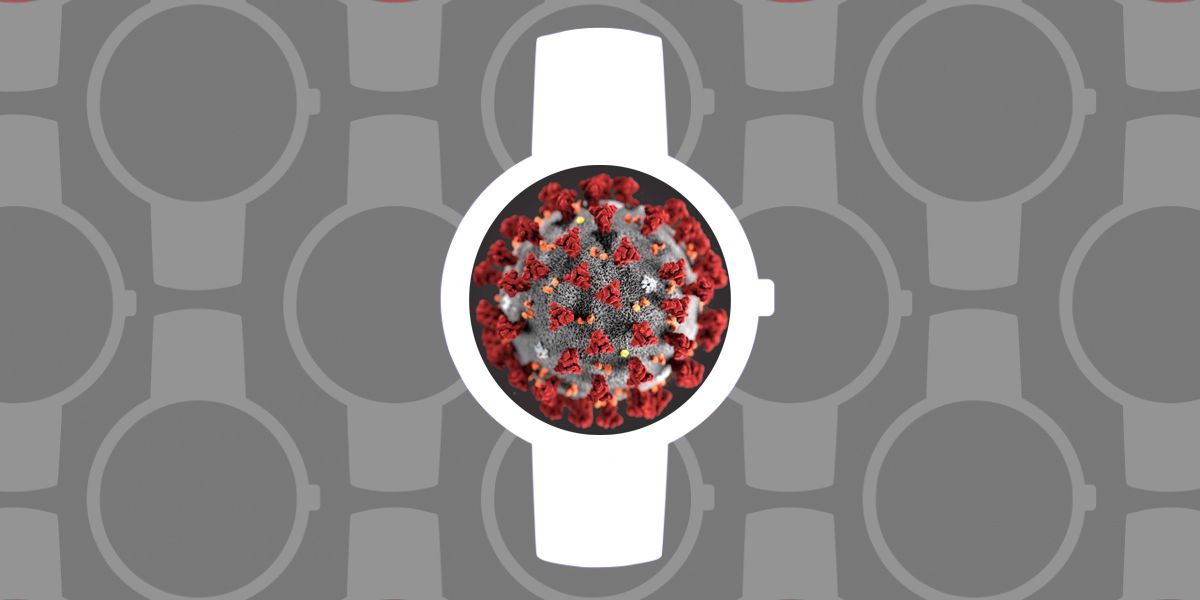COVID-19 contact tracing will soon make its way to wearable devices, according to a recent announcement from the Bluetooth Special Interest Group (SIG). The standards body, which is responsible for defining new Bluetooth standards, has announced that they are working on a new BLE specification that will make contact tracing possible on wearables.
Currently, Google and Apple's Exposure Notification System (ENS) for COVID-19 contact tracing on smartphones relies on Bluetooth Low Energy (BLE). It makes use of a new subset of the BLE specification called "BLE Contact Detection Service," which was designed by Google and Apple. Now, more than 130 Bluetooth member companies have come together for the new Bluetooth SIG Exposure Notification Working Group (ENWG) to define a standardized method for adding contact tracing support to wearable devices, while preserving the same privacy and protections offered by the ENS.
In a blog post regarding the matter, Elisa Rescone, a physics professor at the Technical University of Munich who is leading research on non-pharmaceutical interventions against COVID-19, said:
"There are several population groups critical to managing the spread of diseases like COVID-19 with relatively low smartphone penetration, presenting a coverage challenge for smartphone-based Exposure Notification System. We believe including wearable devices in an ENS would be a very effective method for extending its reach to support these important groups."
The ENWG is open to all Bluetooth SIG member companies, and it serves as a centralized forum for discussion on the effective use of Bluetooth technology in checking the spread of COVID-19 and other infectious diseases. The Bluetooth SIG has also revealed that an initial draft of the new Bluetooth specification is expected to be released and available for review within the next few months.
Speaking on the matter, Mark Powell, CEO of the Bluetooth SIG, said, "It is incredibly inspiring to see the Bluetooth community's collaboration in finding and creating innovative ways to leverage Bluetooth technology to address the COVID-19 pandemic. We are grateful for the dedication and commitment of the Bluetooth members and proud of their work on this important effort."
Source: Bluetooth.com

